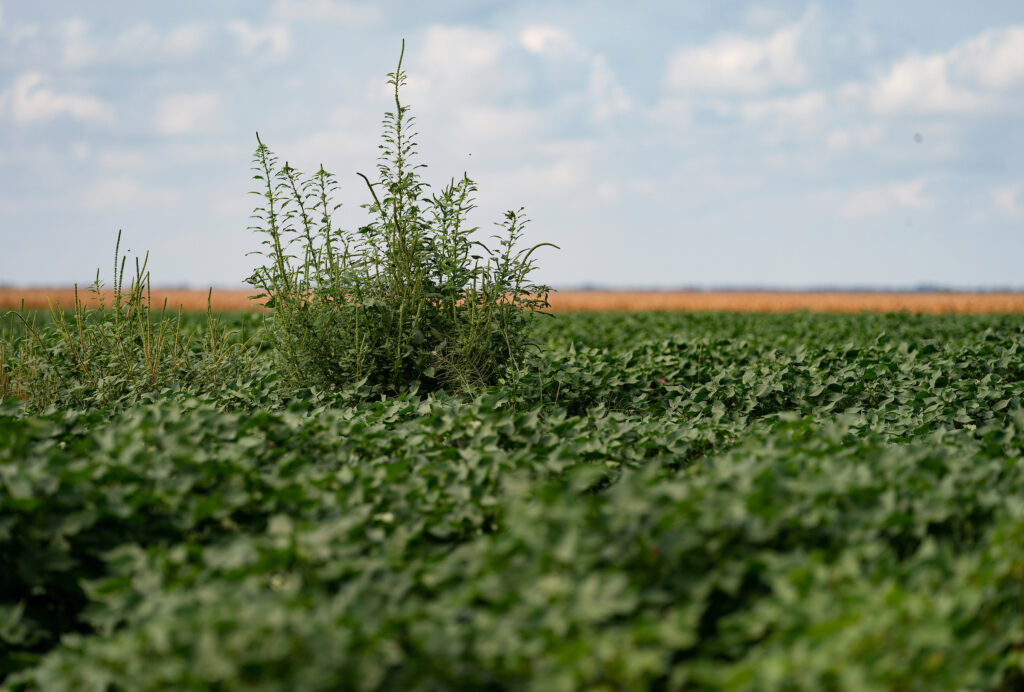Precision agriculture research is at the forefront of revolutionizing modern farming practices. Integrating advanced technologies like satellite imagery, drones, and sensor networks, researchers aim to create a data-driven paradigm for agriculture. This approach enables farmers to make informed decisions based on real-time information about soil conditions, crop health, and weather patterns. By optimizing the use of resources, such as water and fertilizers, precision agriculture not only enhances crop yields but also contributes to sustainability by minimizing environmental impact. This innovative field holds the promise of transforming traditional farming into a more efficient, precise, and environmentally friendly endeavor.

Research Interests
Faculty and Staff
Mahendra Bhandari
Assistant Professor
Digital AgricultureSeth C. Murray
Professor and Eugene Butler Endowed Chair
Related Sites of Interest
Learn More About Research Areas of Focus in Soil and Crop Sciences
In the realm of soil and crop sciences, research focuses on a myriad of critical areas that drive sustainable agricultural practices and global food security. Soil health and management take center stage, exploring ways to optimize soil fertility, structure, and nutrient cycling to enhance crop productivity. Genetic advancements in crop breeding and biotechnology are pursued to develop resilient varieties that withstand environmental stressors and ensure high yields. Precision agriculture, integrating technology and data analytics, aims to fine-tune farming practices, reducing resource waste and maximizing efficiency. The exploration of sustainable agroecosystems delves into the intricate relationships between crops, soil, and the environment, fostering environmentally friendly approaches. Such research not only informs farming practices but also contributes to vital policy discussions, shaping the future of agriculture in a rapidly changing world.

